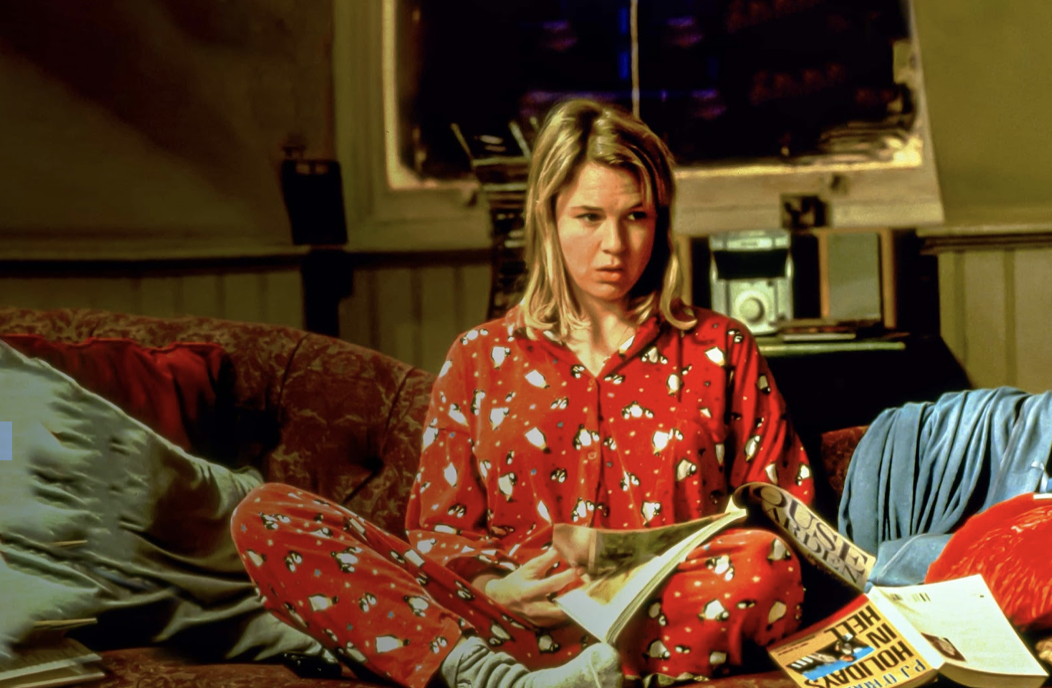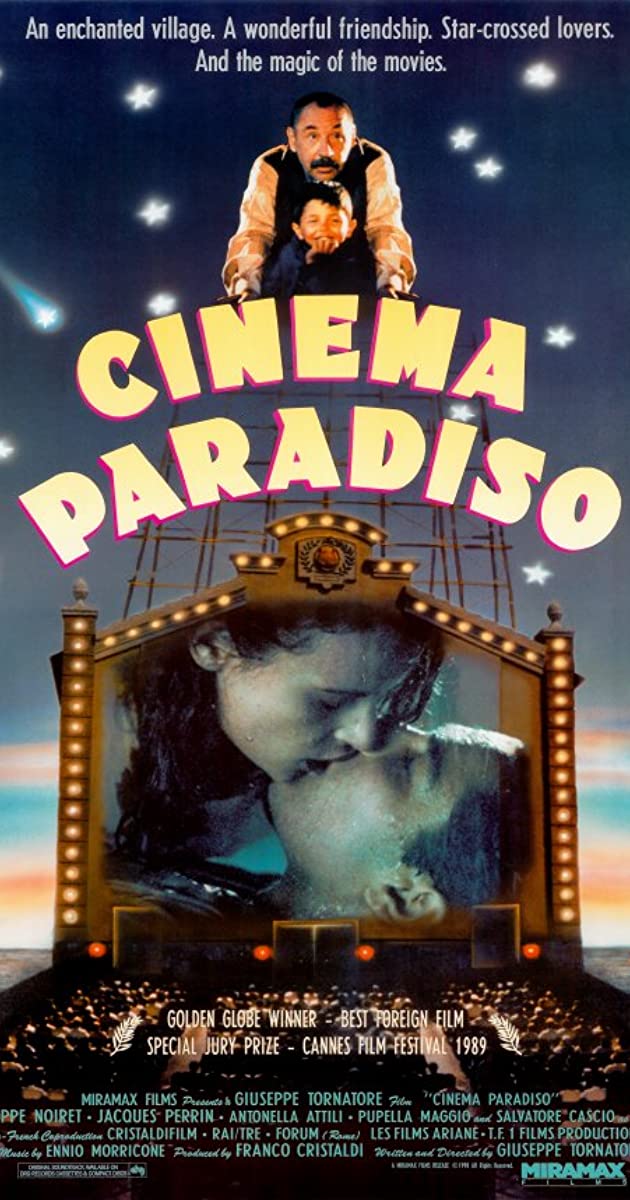By Pablo Briens Montero, Year 12
Sharon Maguire’s Bridget Jones’s Diary is a blockbuster movie based on an international best seller by author Helen Fielding. The film came out in 2001 and was followed by two sequels, Bridget Jones : The Edge of Reason and Bridget Jones’s Baby.
The trilogy follows the likeable and relatable Bridget Jones, played by Renée Zellweger, a 32 year-old single woman living and working in London. She is determined to change her attitude and habit following a most unpleasant interaction with a London-based barrister named Mark Darcy, played by Colin Firth, at her mother’s annual Christmas luncheon. She is awoken to the reality of her life and decides to make drastic changes, including reducing her cigarette, sweets, and alcohol intake, lose 20 pounds, and “land the boat of her dreams”.
After making her New Year’s resolutions, she decides to keep a diary in order to follow her journey. As an assistant at a publishing company she is confronted by Daniel Cleaver, played by Hugh Grant, her flirtatious boss who she ends up having an affair with. His vulgarity makes his character very distinguishable and can also be perceived as highly arrogant. In the meantime, she runs into Mark Darcy, who she finds out is the archnemesis of Daniel Cleaver. When Bridget finds out that Cleaver was engaged all along to one of the partners at the New York office, all of her progress is lost and she finds herself back at square one. However, to everyone’s surprise, Mark Darcy emerges as a new love interest for Bridget. This leads to an eventful and unforgettable fight between Darcy and Cleaver, while Bridget, her friends, and every person passing by watches. Bridget now has to choose between the direct and comedic Cleaver and the serious, but accepting Darcy.
One criticism of the movie that I would like to point out is the recurrence of frequent unreasonable standards set on women as commented through mentions on Bridget’s weight. However, it is reflective of the destructive 2000s diet culture that the film was made in. Renée Zellweger herself commented and criticised the amount of inappropriate questions she received following the movie’s release, as she was frequently approached by questions concerning weight loss and gain.
However, this movie is unbelievably funny mostly due to Rénee Zellweger’s incredible interpretation of Bridget, and the contrast between outrageously unique characters to more nuanced ones. Also, it is interesting to finally have a movie from the 2000s that does not portray an incredibly ‘perfect’ main character. Bridget Jones has her flaws, from her chain smoking to her quick lapses in conversations, which makes her relatable to the general public, who are usually only exposed to very glamorised protagonists. This is the reason the blockbuster was such a huge hit in the box office, with a reported 282 million US dollars in takings.
So, I would like to point out that on the whole, Bridget Jones can be considered a comedic success rather than a flop.



